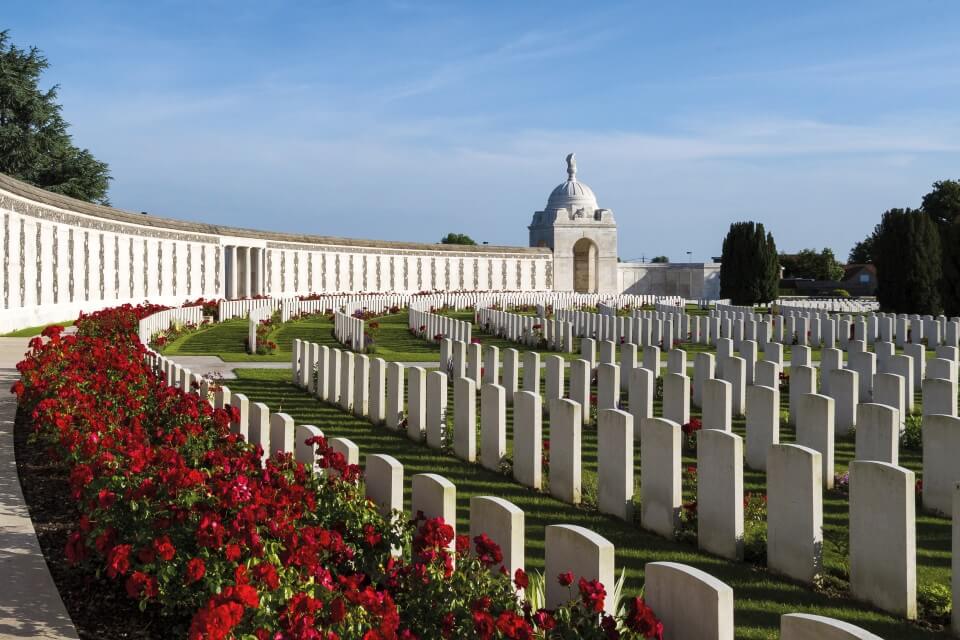Professor Helen Parr: Commemorating the fallen: bodies, cemeteries and mourning
To mark 100 years since the end of the First World War, Keele University will be hosting a programme of events to mark this commemoration this autumn

The industrialised slaughter of the Great War was unprecedented. Between 1914 and 1918, three quarters of a million Britons lost their lives in military service. More than one in seven of the adult male population under the age of twenty-five was killed, and about one in nine households lost a man in the war. In the face of mass bereavement, one pressing issue for the government was how the dead could be remembered. After the war, the government and local communities built monuments and memorials, and developed rituals of commemoration – the two-minute silence, the wearing of poppies – that still endure. Against popular pressure, the government decided not to bring bodies home, but to bury soldiers where they had fallen: Rupert Brooke’s ‘corner of a foreign field that is forever England’. The tradition of burying soldiers together, in specially designed cemeteries, lasted until 1982, when, after the Falklands war, soldiers’ bodies were repatriated from the combat zone for families requesting it, for the first time in Britain’s modern military history. This lecture examines the challenges of remembering the dead; and asks how, a century after the Great War, the contemporary practice of bringing bodies home reflects Britain’s changing relationship with its war dead.
Helen Parr is Senior Lecturer in International Relations and author of Our Boys: The Story of a Paratrooper (Allen Lane, 2018)
FREE
- Event date
- Event Time
- 6:00PM
- Location
- Westminster Theatre, Chancellor's Building
- Organiser
- ArtsKeele
- Contact email
- boxoffice@keele.ac.uk
- Contact telephone
- 01782 734340

